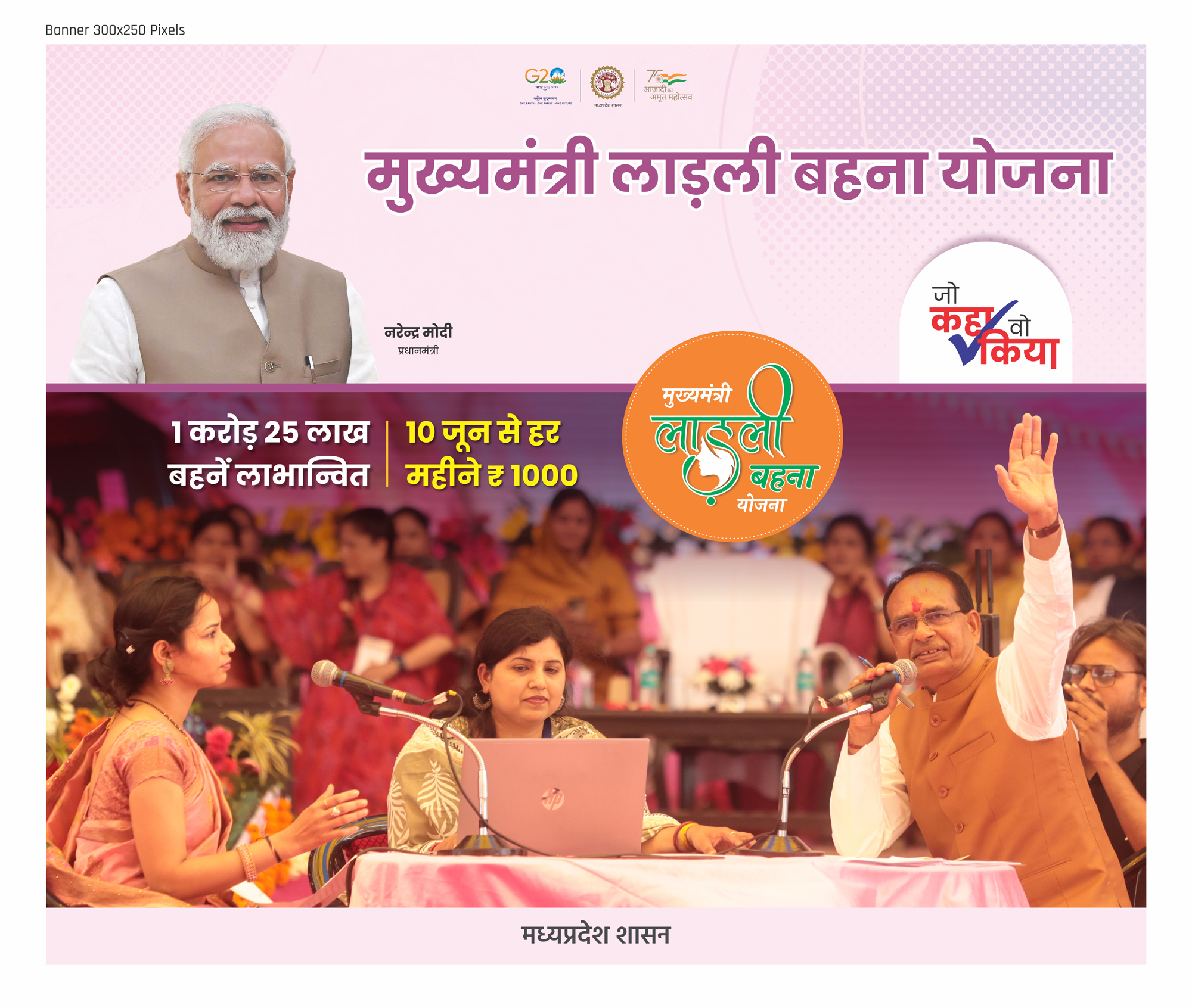New Delhi, October 07, 2023: In a significant decision, the GST Council, led by Finance Minister Nirmala Sitharaman, has exempted Extra Neutral Alcohol (ENA), a crucial raw material for manufacturing alcoholic beverages for human consumption, from the purview of the goods and services tax (GST). This move grants states exclusive rights to tax ENA, marking a significant shift in taxation policy. Sitharaman addressed the media after the council meeting to outline the key decisions.
The Law Committee will undertake an examination of the necessary legal amendments to exclude ENA for the production of alcoholic liquors for human consumption from GST. It’s worth noting that ENA manufactured for industrial purposes will continue to be subject to the GST at a rate of 18 percent.
The finance ministry stated, “A separate tariff HS code has been created at an 8-digit level in the Customs Tariff Act to cover rectified spirit for industrial use. The GST rate notification will be amended to create an entry for ENA for industrial use, attracting an 18 percent GST.”
This decision provides clarity on the taxation of ENA, a matter that has been under consideration since 2017.
Sitharaman explained that although the GST Council had the legal authority to tax ENA, as confirmed by the Allahabad High Court’s judgment, it has now chosen to transfer the right to tax ENA for human consumption to the states. She stated, “If the states want to tax it, they are welcome to do so. If they wish to leave it untaxed, they have that option. In the interest of the states, the Centre has delegated this right to them.”
In a crucial judgment, the Allahabad High Court had previously ruled that with the enactment of the 101st Constitutional Amendment that introduced GST, states lost their legislative competence to impose taxes on the sale of ENA, a primary ingredient in the production of alcoholic beverages for human consumption.
Currently, there is a lack of uniformity in practices across states, with some distilleries paying GST on ENA but not VAT, while others pay VAT on ENA without GST. The 43rd GST Council Meeting in 2021 had decided to maintain the status quo on ENA’s taxability, allowing state governments to continue levying VAT. However, no official clarification had been issued.
Additionally, the GST Council announced a reduction in GST on branded, pre-packaged, and labelled millet-based flour from 18 percent to 5 percent. Furthermore, food preparations made from millet flour containing at least 70 percent of the grain by weight will be exempt from GST when sold in bulk without branding.
In a bid to alleviate the burden on cane farmers and reduce the cost of manufacturing cattle feed, the Council recommended a reduction in GST on molasses from 28 percent to 5 percent.
The Council also introduced changes in the age limits for the President and members of the GST Appellate Tribunal (GSTAT). The maximum age for the President will be 70 years, and for members, it will be 67 years, up from the previous limits of 67 and 65 years, respectively.
To support Indian Railways, the Council decided to tax all goods and services supplied by Indian Railways under the Forward Charge Mechanism, allowing them to avail input tax credit (ITC) under GST, ultimately reducing costs for the national railway operator.
Furthermore, the Council recommended issuing a circular to clarify the admissibility of export remittances received in Special rupee Vostro accounts for ITC, as permitted by the Reserve Bank of India. In a bid to boost tourism, the Council approved an exemption of conditional Integrated GST (IGST) for foreign-flagged vessels that convert to coastal operations.
These decisions by the GST Council reflect a range of tax policy changes aimed at simplifying and streamlining the GST framework while addressing specific sectors and issues.
May3 , 2024
Regional
Brave Rescue: Abducted 19-Year-Old in Gwalior Found in Guna Lodge
Gwalior, Nov 21, 2023 : In a dramatic turn...
Regional
Barbaric Treatment: Infant Branded with Hot Iron Rod for Pneumonia in Madhya Pradesh; Three Booked
Shahdol, Nov 21, 2023 : In a shocking incident...




